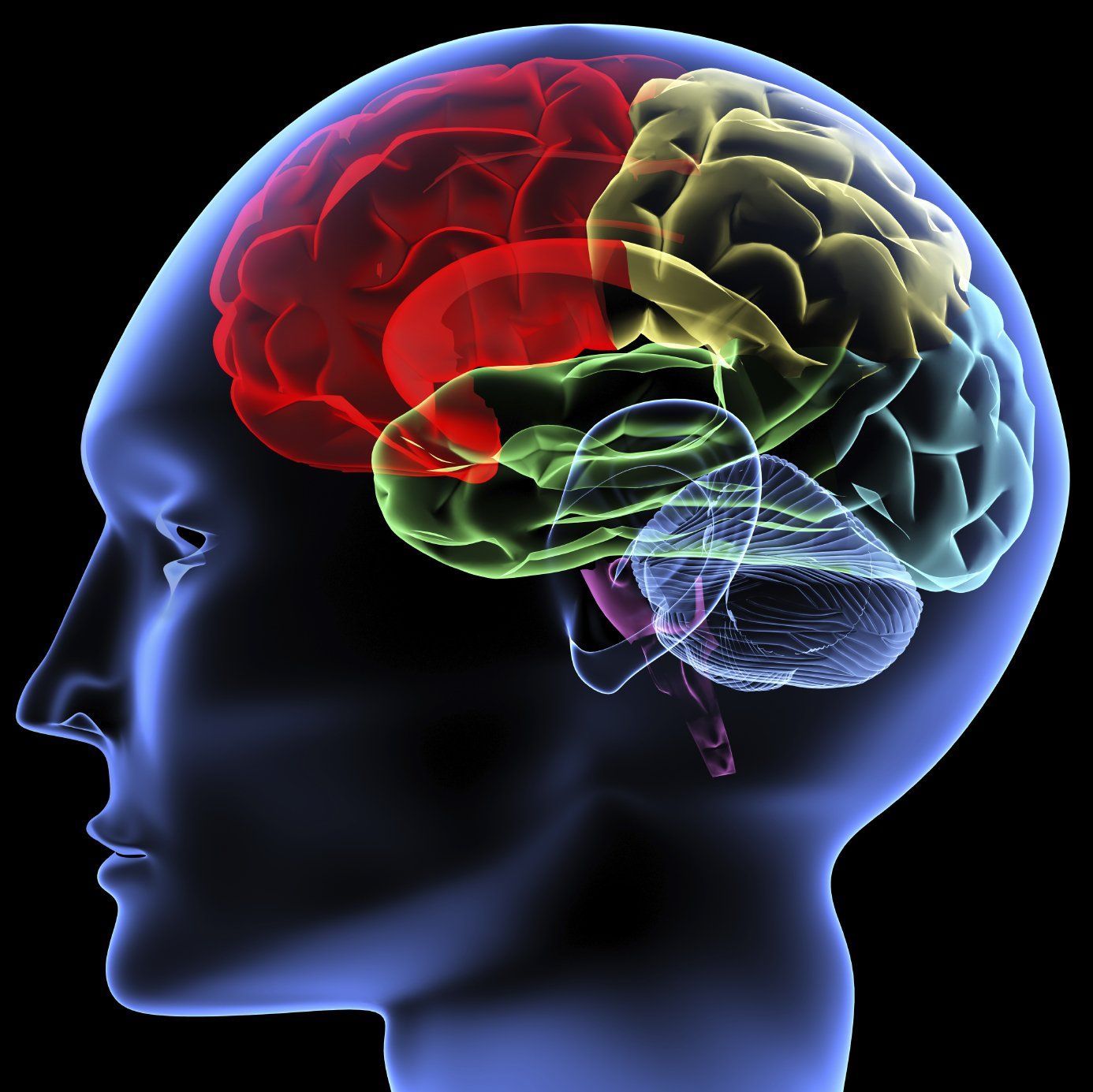In the world of thinking differently, people with ADHD face a particular challenge that Dr. Edward Howell called managing a high-powered "Ferrari brain" with bicycle brakes. It's hard for us to slow down our thoughts. This can significantly affect our personal and work lives. Understanding how impulsivity affects decision-making is important for success at work.
Leaning into Dr. Howell's Metaphor: Ferrari Brain with Bicycle Brakes
Imagine a high-performance Ferrari engine paired with the brakes of a bicycle—this metaphor aptly encapsulates the struggle individuals face with ADHD. Like a high-speed sports car, the Ferrari brain symbolizes a rapid flow of thoughts, creativity, and problem-solving skills. However, the bicycle brakes signify the challenge of inhibiting impulsive behaviors and actions.
In a workplace scenario, this metaphor can be quite literal. The Ferrari brain generates innovative ideas and thoughts at an accelerated pace, often pushing the individual toward quick decision-making. On the flip side, the bicycle brakes represent the difficulty in applying necessary caution and thoughtfulness to these impulses.
Impulsivity in the Workplace
Suppose we operate on autopilot with our Ferrari brain. In that case, our impulsivity may go unchecked, leading to hasty and ill-considered decisions. For individuals with ADHD, striking the right balance by being mindful is imperative to ensure that impulsive tendencies do not hinder project outcomes, team dynamics, or overall efficiency.
In the workplace, impulsive decisions can manifest in various ways, such as prematurely sharing unfinished ideas, responding impulsively to criticism, or overlooking critical details in a rush to conclude a task. These actions, while often stemming from a place of genuine eagerness and passion, can inadvertently sabotage the success of a project.
Navigating Impulsivity for Improved Decision-Making
Awareness and Mindfulness:
Recognizing one's impulsive tendencies is the first step towards managing them effectively. Understanding the triggers and situations that provoke impulsive responses allows individuals to pause and reflect before acting. Do you work more impulsively when you sense excitement from the rest of the team? Does impulsivity take over when your to-do list is overwhelming? Pausing, allowing those bicycle breaks a chance to fully engage, can provide an opportunity to respond thoughtfully and with intention rather than impulsively. How can you add thoughtful pauses to your day?
Slowing down to speed up:
Slowing down to speed up may seem counterintuitive. Yet, acting on impulse can cause us to make careless mistakes that hinder project outcomes, team dynamics, and overall efficiency. One way to gain the habit of pausing is through time management techniques. Breaking down tasks into manageable segments and allocating adequate time for each task, including reflection, allows for more deliberate consideration of options and potential outcomes. It can support us in managing our 'now' impulsivity.
Let go of any judgment you have about yourself when acting impulsively. Honor that impulsivity and its interplay with a creative mind can be a strength, yet it also requires self-awareness to keep you from skidding out of control. Using mindful strategies can transform your impulsivity from a liability into an asset in the professional world. By striking a balance between the Ferrari brain and the bicycle brakes, one can navigate the complex terrain of the workplace with finesse and achieve success in project outcomes, team dynamics, and overall efficiency.
If you want to learn how a coach can become your thinking partner to develop strategies to manage your impulsivity, schedule a chat with me












